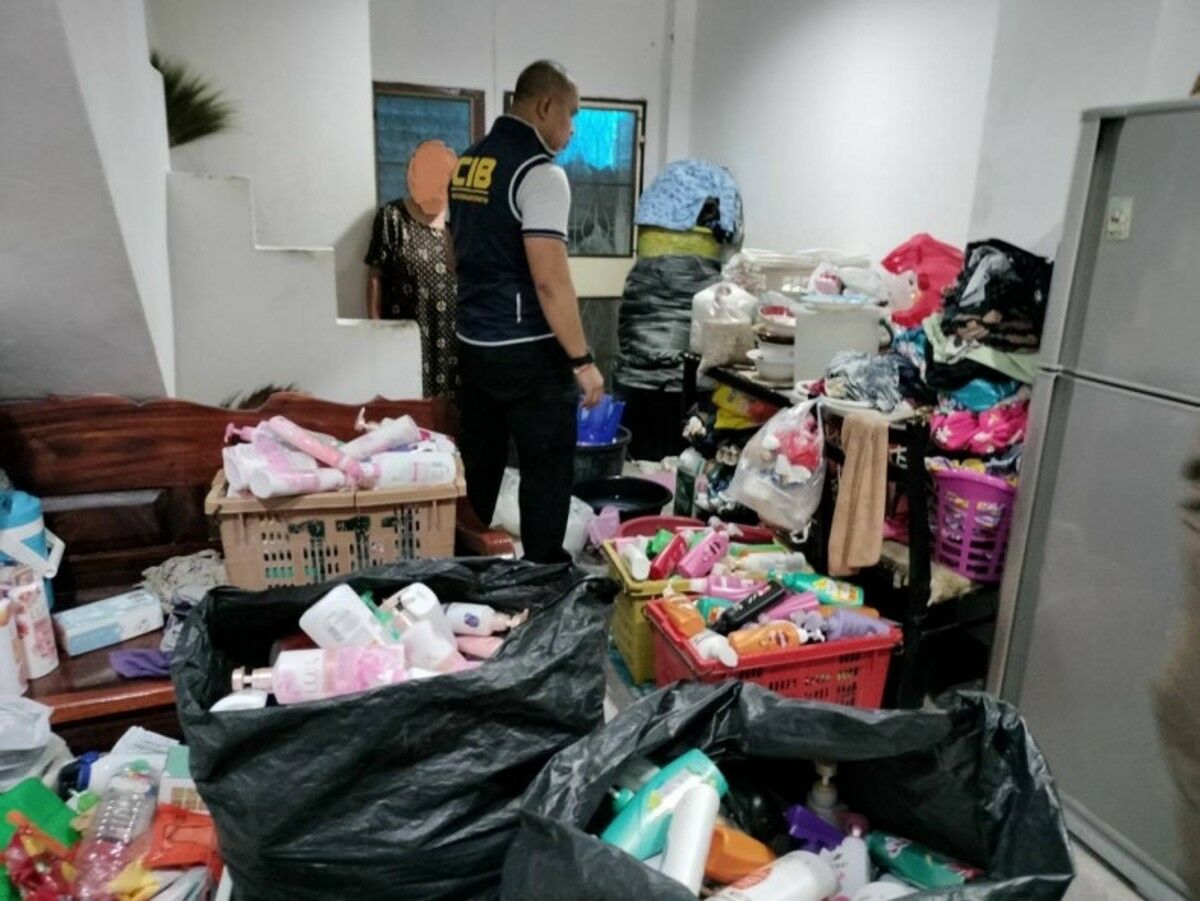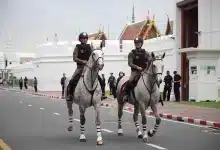Thailand enforces stricter regulations on illegal factories

Thailand’s Industry Ministry is intensifying efforts to enforce stricter regulations on substandard products that falsely claim to meet Thai Industrial Standards Institute (TISI) standards.
Industry Minister Akanat Promphan announced the initiative following a Cabinet meeting, emphasising the need for collaboration with modern trade stores to conduct random product inspections.
“To enforce measures to control substandard products, we are seeking cooperation from several modern trade stores to help inspect products claiming TISI compliance that lack quality.”
These inspections aim to identify manufacturers falsely claiming TISI compliance, ensuring that only quality products reach consumers.
In addition to product quality control, the ministry is accelerating the drafting of the Industrial Waste and Electronic Waste Act, anticipated to be finalised within one to two months. This act is essential for addressing the pressing issue of industrial waste disposal across the country.
Akanat highlighted two primary objectives: securing more central budget funding for nationwide industrial waste management and intensifying enforcement actions against illegal factories operating without licences. Recent inspections in Prachin Buri province uncovered several illegal factories, prompting the ministry to enforce the Hazardous Substances Act.
“Special operational units will conduct inspections weekly.”
Sugar cane burning
Further, the minister is set to propose measures to the Cabinet aimed at reducing the burning of sugar cane, a practice contributing to air pollution. This proposal has already received approval from the Office of the Cane and Sugar Board and is expected to be discussed in a forthcoming Cabinet meeting within the next one to two weeks.
Over the last five to six years, initiatives have been introduced to minimise sugar cane burning, offering incentives to farmers who deliver fresh sugar cane. The scheme provides financial assistance of 120 baht per tonne to encourage this practice.
Before these measures, the rate of sugar cane burning was between 50% and 70%. Post-implementation, this rate has significantly dropped to approximately 30%. However, challenges remain as some agricultural areas are not accessible to machinery, necessitating manual cutting of crops.
In areas where manual labour is required, burning leaves before cutting has been the most straightforward method, despite efforts to discourage such practices due to environmental concerns, reported Bangkok Post.
What Other Media Are Saying
- Think Global Health examines Thailand’s agricultural burning crisis, highlighting its severe health impacts and economic drivers while advocating for legislative reforms and sustainable practices to combat air pollution and protect vulnerable communities. (read more)
- VNTR highlights concerns from Thai sugar producers over WTO compliance amidst price controls, warning that government interventions could lead to illegal exports and higher consumer burdens during global shortages. (read more)
Frequently Asked Questions
Here are some common questions asked about this news.
Why is enforcing TISI standards crucial for Thailand’s industry?
It ensures consumer safety and maintains product reliability, fostering trust and international trade competitiveness.
How might stricter regulations on substandard products impact Thai manufacturers?
Manufacturers may face increased production costs to meet standards but gain long-term benefits through improved reputation and market access.
What if the Industrial Waste and Electronic Waste Act isn’t enacted soon?
Delays could exacerbate environmental issues, leading to public health risks and potential international criticism.
How does reducing sugar cane burning contribute to environmental protection?
It decreases air pollution, improves air quality and public health, and aligns with global environmental sustainability goals.
What challenges remain in reducing sugar cane burning despite incentives?
Inaccessible fields for machinery lead to continued burning practices, highlighting the need for alternative solutions.
Latest Thailand News
Follow The Thaiger on Google News:


























